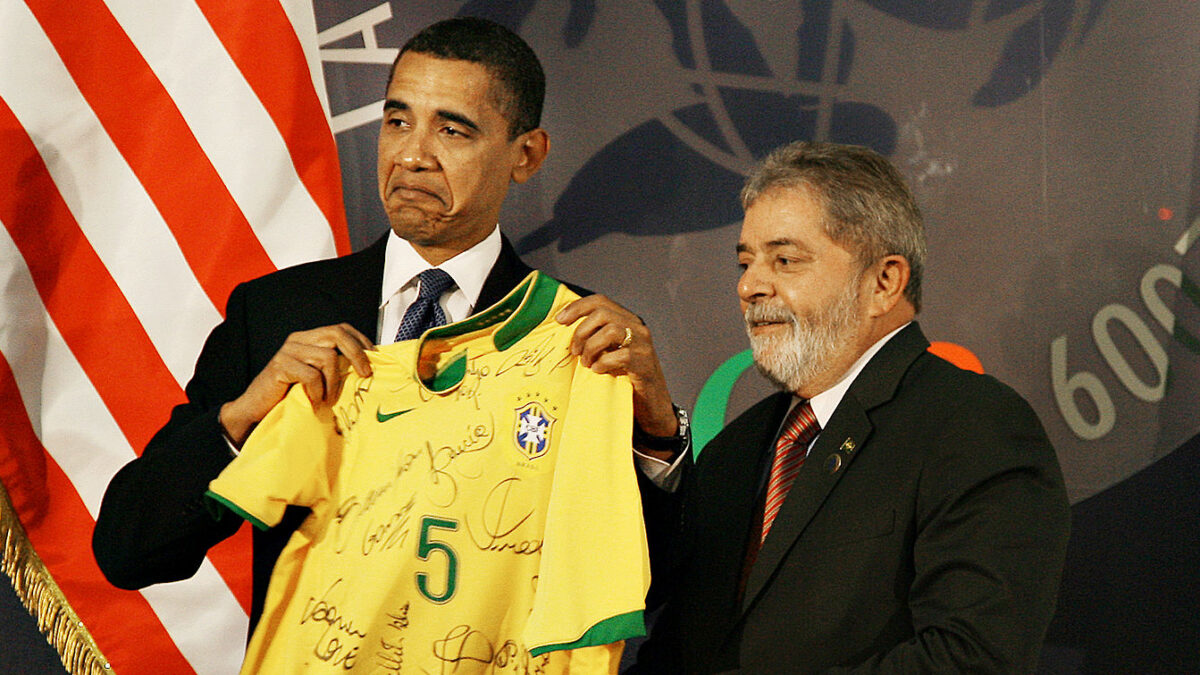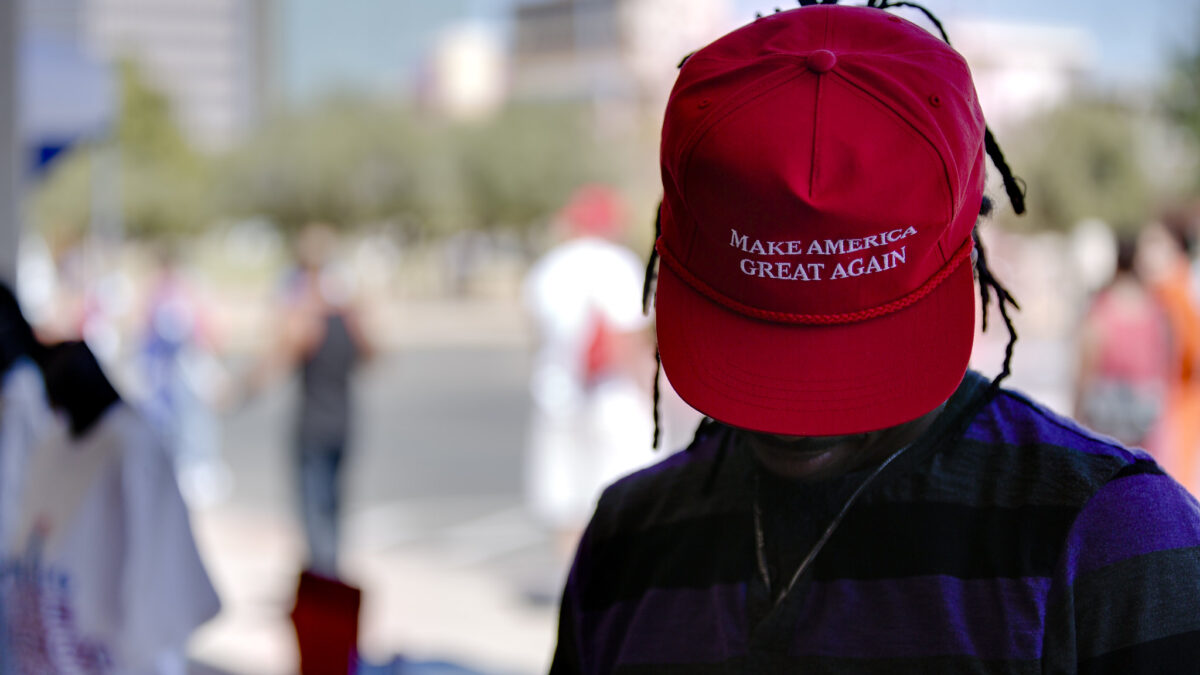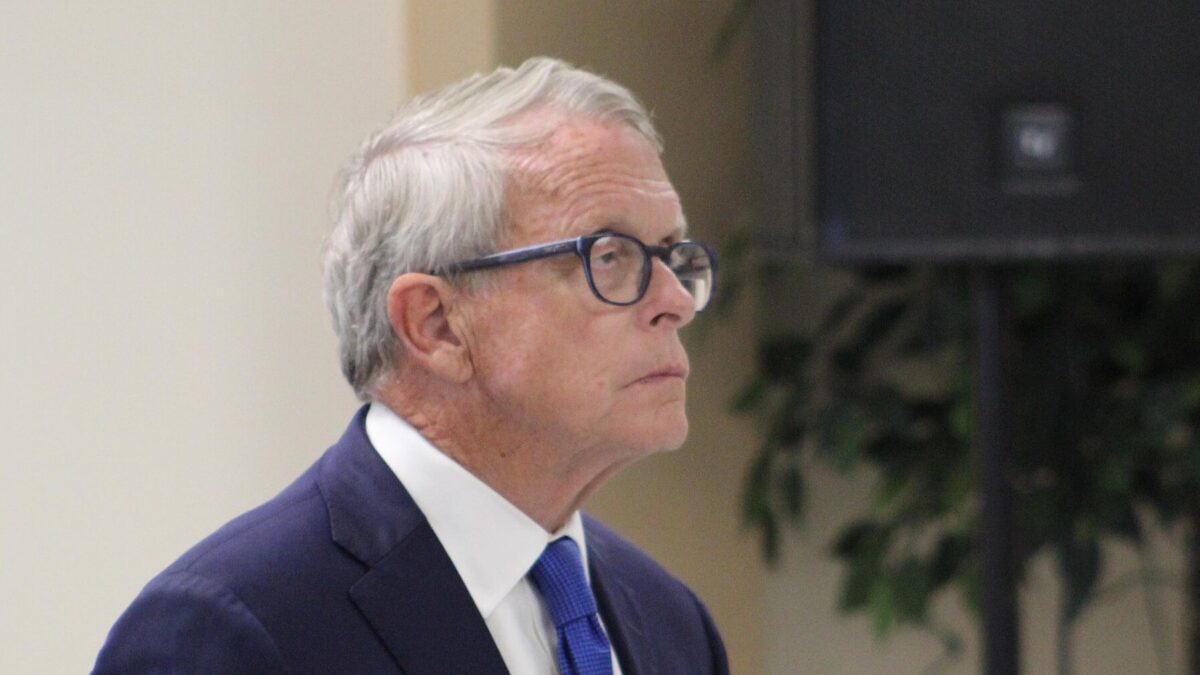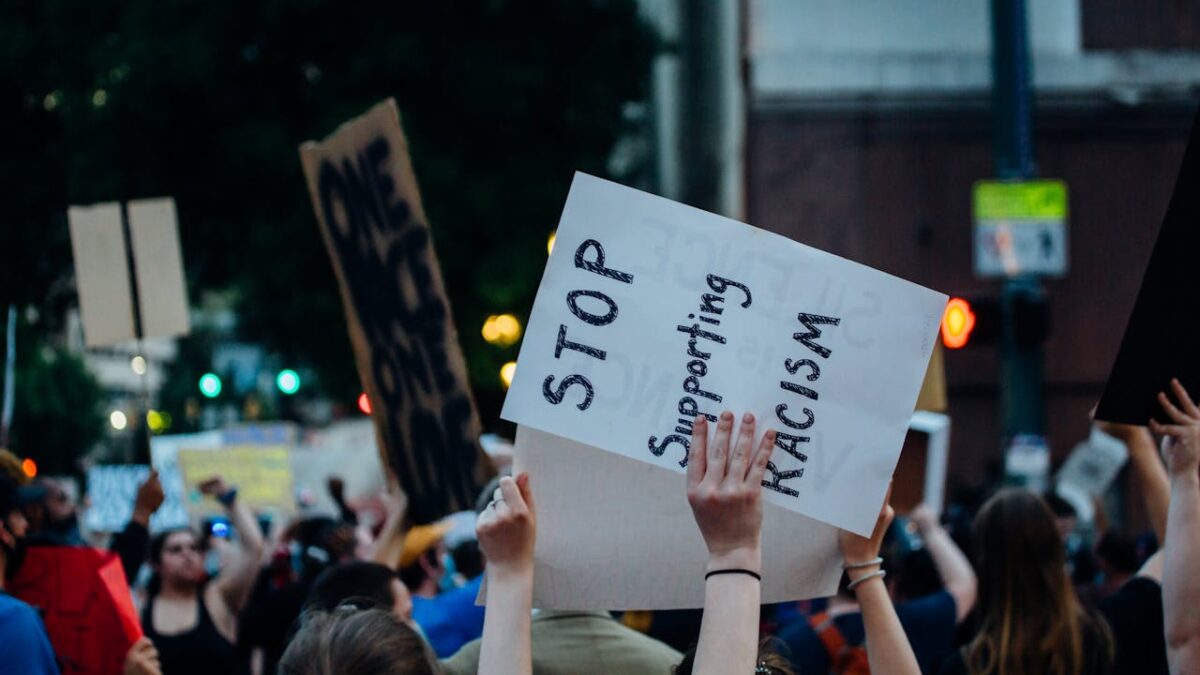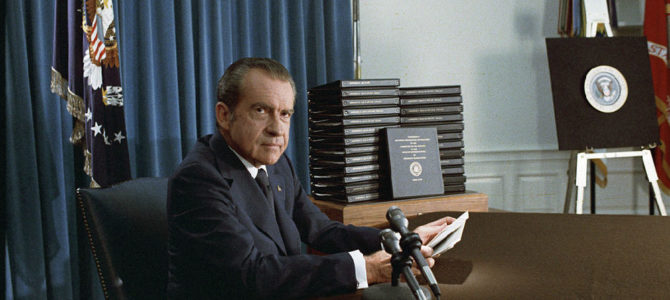
You cannot turn on a news program lately without a pundit comparing the Trump administration to the Watergate scandal. Most of us remember Watergate as the scandal that took down President Nixon. Deeper analysis of the events of Watergate reveals a government that spied on its citizens.
Is it possible that the machinations in the Nixon administration resemble recent reports about the intelligence agencies under the Obama administration?
Watergate was not only about a break-in. The meticulous reporting started by the now famous Washington Post reporters Bob Woodward and Carl Bernstein revealed an underbelly of nefarious activities in which our government actively participated. Watergate chiefly involved spying on American citizens for political gain; using political operative techniques to sabotage political opponents; and weaponizing government agencies, then failing to properly investigate their behavior to cover up for a president.
So far, the evidence seems to suggest the Obama administration engaged in these activities big time. And where were the Watergate comparisons then? Let’s do a run-down.
Spying on American Citizens for Political Gain
The book “All The President’s Men” shows Woodward and Bernstein learned of the Nixon administration’s spying over time from sources within the intelligence community including “Deep Throat” (later revealed as FBI agent Mark Felt). Indeed, the botched Watergate burglary that kicked off the scandal was attempted in order to “bug” Democratic headquarters.
The idea that the Nixon administration would attempt to subvert the election process was unfathomable to the reporters. When it was uncovered that the surveillance was done to get “personal information” to use against political enemies, Americans were equally disgusted and incensed. As the reporting progressed, Deep Throat warned the reporters they were possibly being surveilled.
The American people learned in 2013 that Obama’s Justice Department subpoenaed email and phone information from Associated Press and Fox News reporter James Rosen, who was aggressively investigating and reporting on the Benghazi attack. Rosen claimed his parents’ phone records were also swept up in the intelligence-gathering. The Justice Department said his suspected release of classified information was the reason for its intelligence gathering. Obama’s attorney general, Eric Holder, admitted in 2014 that the surveillance had happened and expressed regret.
Former CBS reporter Sharyl Atkisson also claims the Obama administration surveilled her. One morning at 1 a.m., her laptop popped on by itself. In her book “Stonewalled,” Atkission describes the event: “‘Reeeeeeee.’ The noise is coming from my personal Apple desktop computer in the small office adjacent to my bedroom. It’s starting up. On its own.” An investigation by computer forensics experts at both her employer and her own hired investigators agreed there had been a “highly sophisticated remote intrusion” of her computers.
In an interview with The Hollywood Reporter website, Sharyl noted, “I have been told by two computer forensics experts that a highly sophisticated entity using abilities outside non-government resources, using software proprietary either to the DIA, CIA, FBI, or NSA made repeat remote intrusions into both my computers over a period of time.” Atkisson was researching the Fast and Furious federal gun-running to drug dealers and Benghazi stories at about that time. She now has two lawsuits pending against the government.
The Obama administration’s use of surveillance against political opponents wasn’t limited to reporters poking their noses into uncomfortable situations. It was recently revealed that Obama’s national security advisor, Susan Rice, requested the unmasking of Americans in the gathering of intelligence. Unmasked information was then leaked to the press. Gen. Michael Flynn’s description of his conversation with Russian Ambassador Sergey I. Kislyak apparently did not match what he told Vice President Mike Pence, for example, and because of this Flynn resigned from President Trump’s staff. The actual leaked conversation has not been released to the public.
According to Circa News, thousands of American citizens’ names were unmasked from surveillance reports during the Obama administration. Unmasking occurs when an American citizen’s name shows up redacted in an intelligence report. This typically requires a compelling reason, to protect that citizen’s Fourth Amendment rights. The intelligence committee recently subpoenaed three former Obama intelligence administration officials—John Brennan, Rice, and Samantha Power—to testify regarding this unmasking. Congress wants to know if the unmasking was done for national security or for political reasons.
Sen. Rand Paul has reported that sources have come to him to let him know that he was spied on. “I have formally requested from the WH and the Intel Committees info on whether I was surveilled by Obama admin and or the Intel community!” Paul wrote on Twitter. Intelligence sources also told Sen. Lindsay Graham that he was surveilled and unmasked in a private conversation. He said, “I have reason to believe that a conversation that I had was picked up with some foreign leader or some foreign person and somebody requested that my conversation be unmasked.”
Graham and Paul were candidates for the Republican Party nomination for president in the 2016 election. Was the government surveillance justified for national security reasons or used to affect an election, or to punish political enemies? The question is unanswered.
Political Sabotage Techniques
Woodward and Bernstein learned the term “rat fu–ing” early in their Watergate investigation. They also heard it referred to it as “dirty tricks” and political sabotage. The Nixon administration had quite a few techniques in their arsenal to mess with political opponents and win elections. An obvious strategy was to dig up the dirt on them. Apparently, Nixon was steadfast in his desire for what we now call opposition research.
Indeed, the goal of the actual Watergate burglary was to tap political opponents’ offices to dig up some dirt on the Democratic National Committee.
“All The President’s Men” says Bernstein spoke with a former Nixon aide who told him, “it was not inconceivable that the president (Nixon) would want his campaign aides to have every piece of political intelligence and gossip available.” Nixon’s aides would also hire men to infiltrate campaign offices across the country to see what information they could find out and mess with opposition campaigns.
The famous “Canuck letter” was an example. The formula was simple: write a damaging letter, say it was written by the opposition, and release it to the press to make the candidate look bad. Nixon operatives went to prison for this sort of attempted tampering with the outcome of an election.
No shortage of opposition research was used against candidate Trump in the 2016 election, yet who ordered the opposition research is not as clear. The “Billy Bush tape” is the obvious example of an embarrassing event used against a candidate, but other sources emerged as well. The British spy dossier that included an account of candidate Trump doing not-nice things on a bedspread in a hotel where Obama had once stayed was also released to the press. Although the report was discredited, the damage to the candidate was done.
Other techniques of political sabotage came to light as well. During the 2016 campaign, an organization called Project Veritas came forward with videos showing Democrat political operatives interviewed on camera describing the way in which they infiltrated an opposition party campaign and taught people they paid to cause problems. The word we use to describe such behavior today is “agitating,” but it was known during the Nixon administration. The idea is to rile up supporters of the opposing party to the point of violence, get the violence on camera, and blame the bunch for the one (fake) bad apple. The Trump campaign supporters would look like a bunch of lunatics, implying Trump is a lunatic, too.
Project Veritas revealed that one of the leaders of the agitating scheme, Robert Creamer, had visited the White House over 340 times. No further reporting on the relationship between Creamer and the Obama administration has taken place. Creamer has sued the owner of Project Veritas for $1 million in connection with the released tapes.
Weaponizing Agencies to Protect the President
Woodward and Bernstein led a methodical investigation into the affairs of the Nixon White House. Five men were arrested in the botched Watergate burglary attempt. One, James McCord, was ex-CIA. Woodward’s spidey sense was up when he heard that nugget at the preliminary hearing. When Howard Hunt’s name was found in the address books of one the burglars, Woodward knew he was on to something. Hunt worked at the White House for Charles Colson, Nixon’s special counsel.
As Woodward and Bernstein continued to investigate the Committee to Re-elect the President (CRP) because Deep Throat told them to “follow the money,” the FBI was investigating the burglary. Woodward and Bernstein were fascinated to discover that the FBI asked questions of witnesses specifically about the Watergate break-in but avoided questions that would lead them a wider White House connection.
In fact, the reporters interviewed people from CRP who told them the FBI had not asked them certain questions and in some cases had not interviewed them at all. When the FBI did interview a CRP employee, the interview was done in the presence of a CRP lawyer, making it difficult for the employee to speak freely. It seemed that the government agency failed to do its job to protect the administration in power.
Does the FBI, an independent agency, pick and choose the cases they investigate for political reasons? Is it possible that the FBI lays off a material witness in an investigation for political reasons as well? No one on either side of the political aisle would argue that former FBI Director James Comey’s handling of the Clinton server scandal was done “by the book.” The FBI did investigate the Clinton server scandal, but the investigation seemed to include several anomalies.
For example, at the end of the investigation, Comey announced that Hillary Clinton had shared classified information in an unsecured setting, thus breaking the law. He then announced she should not be prosecuted because she had no intent to share classified information. For Comey to draw a conclusion on the investigation was strange enough, but rewriting the law to require intent was inexplicable. Intent is not part of the statute.
The House Oversight Committee invited Comey to testify to explain why he had decided not to prosecute Clinton. House Oversight Committee Chairman Jason Chaffetz noted that Clinton had testified under oath that “There was nothing marked classified on my emails either sent or received.” Chaffetz asked if the FBI were investigating the inconsistencies in her statements. Did Clinton lie under oath? Comey responded that there was no such investigation and that he would need a referral from Congress for the FBI to investigate. Chaffetz promised Comey he would have that referral. So far there has not been a report on the FBI’s findings.
Was this a case where the FBI strictly stuck to the questions about the server and failed to compare her answers from previous testimony for political reasons? And is the FBI selective in what it investigates? The FBI is heartily investigating a Trump-Russia connection but seems unwilling to investigate the spying on American citizens, where we know a crime has been committed.
Sen. Chuck Grassley recently asked Comey in a Senate Judiciary Committee hearing if there was an “investigation of any leaks of classified information relating to Mr. Trump and his associates.” Comey responded, “I don’t want to answer that question, senator, for reasons I think you know.” The one crime that we know has occurred is an American citizen’s private conversation being leaked to the press (Flynn’s). That is a felony. Yet Comey was either not investigating the illegal leaks and the unmasking of an American citizen or not talking about it. If there is such an FBI investigation into domestic spying, it has not been leaked to the press. Curious.
Woodward, Bernstein, and the American people believed that Nixon and his administration conducted nefarious activities for political reasons. It is clear from the reporting in “All The President’s Men” and the congressional hearings that came after that the American people were appalled at the actions of the Nixon White House and Nixon’s intelligence agencies. The wound took years to heal.
Today, Americans who sense parallels to recent reports of suspected government spying, political agitating, and a sluggish and selective intelligence community feel the same sting. It took from June 17, 1972 to August 9, 1974, a little more than two years, for the Watergate story to be completely uncovered and reported. It might take more for results from 2017 investigations to see the light of day, if ever.
If it is proven that our government is taking liberties with our freedom, the reason may be the same as the one cited during the Nixon years. As Hugh Sloan said in “All the President’s Men,” “People in the White House believed they were entitled to do things differently, to suspend the rules, because they were fulfilling a mission; that was the only important thing, the mission.”


